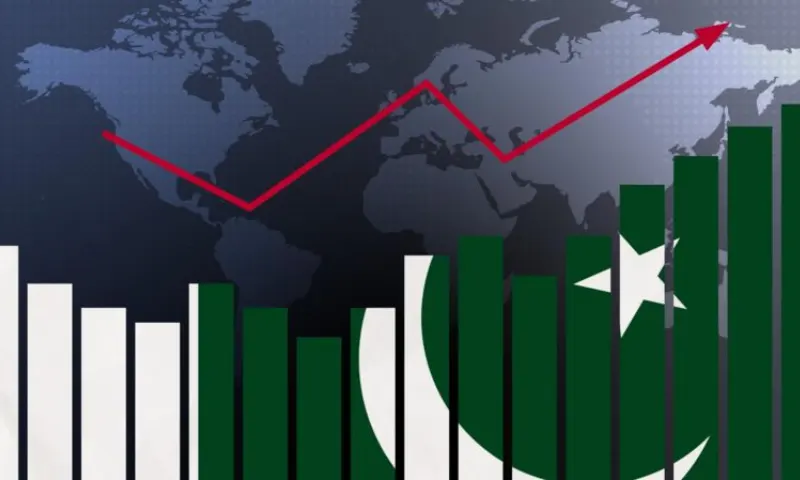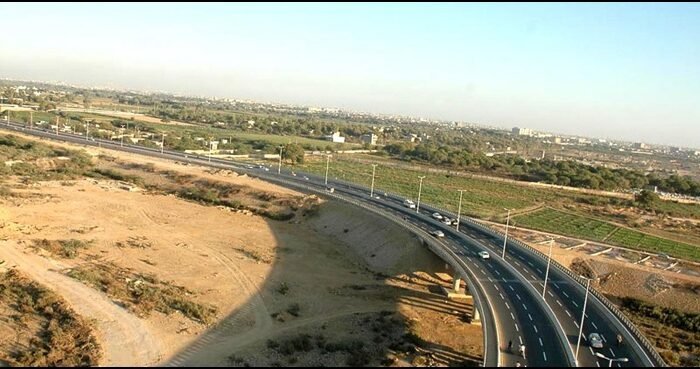At least 150 Pakistani nationals found themselves stranded in Goma, a city in the Democratic Republic of Congo (DRC), following the latest surge in conflict.
On Thursday, a Foreign Office spokesperson announced that, due to the proactive involvement of Pakistan’s High Commissioner in Kigali, Ambassador Naeemullah Khan, the Rwandan authorities have permitted the stranded Pakistanis to enter Rwanda. So far, around 75 individuals have successfully crossed the border.
The Pakistan High Commission in Kigali has taken steps to ensure accommodation and food for those affected. Additionally, efforts are underway to locate any remaining Pakistani citizens who may still require assistance. More individuals are expected to move to Rwanda in the coming days. The High Commission is also extending its outreach to Pakistanis in Bukavu, another border city. Officials remain in direct contact with every individual seeking help.
Meanwhile, Pakistan addressed the United States’ recent decision to freeze foreign aid, emphasizing that the move is applicable to all countries. Islamabad continues to engage with Washington at various levels to enhance bilateral relations. Speaking at a weekly news briefing, Foreign Office spokesperson Shafqat Ali Khan noted that the U.S. President’s executive order has temporarily suspended all foreign development assistance programs for 90 days.
“Over the years, USAID has played a significant role in supporting projects in Pakistan, particularly in the areas of energy, education, healthcare, and narcotics control. We remain hopeful that these programs will resume soon and that dialogue between both sides will continue,” he stated.
Touching upon regional security concerns, the spokesperson urged the international community to address the risks associated with unchecked arms acquisitions by India, warning that such developments pose a serious threat to regional stability.
Reiterating Pakistan’s firm stance on the Kashmir issue, Khan condemned recent actions in Indian Illegally Occupied Jammu and Kashmir (IIOJK). He criticized India’s crackdown on dissent, which has included property confiscation and intimidation of Kashmiri civilians.
“The human rights violations in IIOJK are deeply concerning. The international community must not remain silent while India continues its aggressive policies,” he stressed.
The spokesperson also condemned the killing of a two-year-old child during an Israeli military raid in the West Bank, calling for global attention to Israel’s ongoing aggression.
“The Israeli government’s withdrawal from the 1967 agreement with UNRWA and its obstruction of humanitarian aid to Gaza will only exacerbate the crisis,” he warned.
Amid speculation over Pakistan-China relations, the spokesperson dismissed any allegations aimed at creating divisions, reaffirming Pakistan’s strong commitment to the One-China Policy.
“China remains Pakistan’s most trusted and strategic partner. Our relationship is based on mutual respect, shared values, and a commitment to both regional and global stability,” he stated.
In a significant move to enhance international maritime cooperation, Pakistan will host AMAN-25, a large-scale naval exercise featuring participation from around 60 countries. The event will showcase naval vessels, aircraft, special operations forces (SOF), explosives ordnance disposal (EOD) teams, and marines, with international delegations attending the inaugural International AMAN Dialogue.
Since its launch in 2007, the AMAN exercise series has grown from 28 participating nations to 50 by 2023. This year’s theme, “Secure Seas; Prosperous Future,” underscores the need for maritime security in fostering global stability.
On the issue of illegal migrants and deportations from the U.S., the spokesperson confirmed that Pakistan is working closely with Washington.
“The U.S. has accelerated the removal of illegal migrants following its executive order issued on January 20, 2025. Pakistan and the U.S. are in continuous coordination regarding this matter,” he noted.
Discussing Pakistan’s engagement with Afghanistan, Khan reaffirmed that Pakistan has consistently provided evidence of terrorist sanctuaries operating across the border and continues to engage with Taliban authorities as part of its national security strategy.
Regarding relations with the European Union (EU), the spokesperson emphasized that Pakistan’s GSP+ status remains a valuable aspect of its trade and diplomatic ties with the bloc.
“Pakistan’s relationship with the EU is based on universally recognized principles, and our cooperation remains strong,” he stated.
Khan concluded by reaffirming Pakistan’s commitment to peace and stability, along with its ongoing efforts to strengthen partnerships with key global stakeholders.





